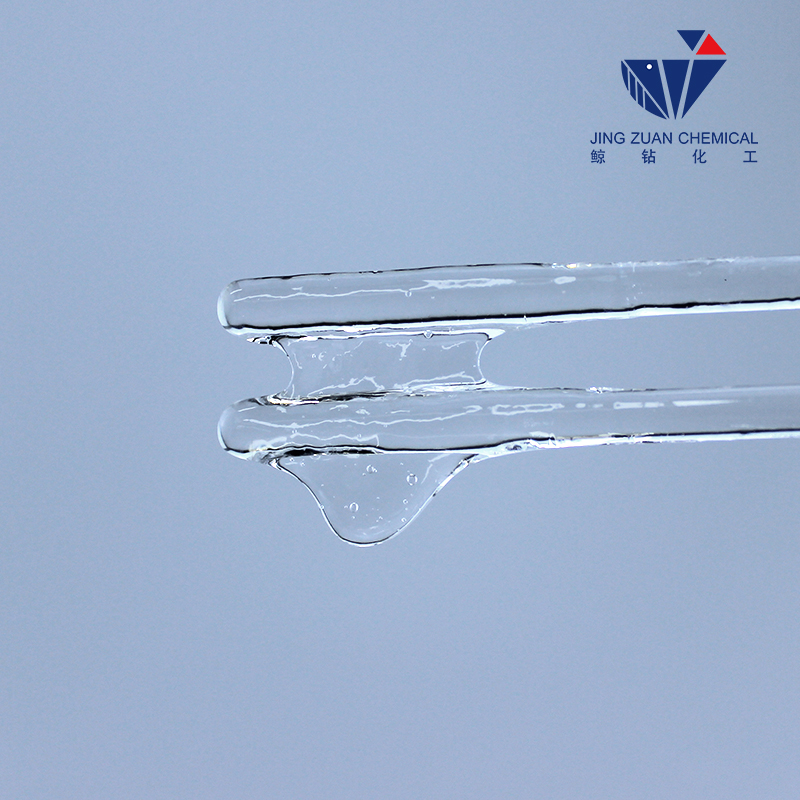
aug. . 01, 2024 03:56 Back to list
Exploring the Applications and Benefits of Hydroxyethyl Cellulose in Various Industries and Products
Hydroxyethyl Cellulose A Versatile Polymer for Diverse Applications
Hydroxyethyl cellulose (HEC) is a non-ionic, water-soluble polymer derived from cellulose, the most abundant natural polymer on Earth. This compound is widely recognized for its unique properties and versatile applications, making it an essential ingredient in various industries, including pharmaceuticals, cosmetics, food, and construction.
Chemical Structure and Properties
HEC is synthesized by the etherification of cellulose with ethylene oxide, resulting in a product that retains the fundamental structural characteristics of cellulose while acquiring new functional properties. The degree of substitution, which indicates the number of hydroxyethyl groups introduced per anhydroglucose unit, varies depending on the intended application. This degree of substitution influences the polymer’s solubility, viscosity, and gel-forming capabilities.
One of the most notable features of HEC is its excellent thickening ability. When dissolved in water, it forms highly viscous solutions, which can be tuned according to the concentration of HEC and the temperature of the solution. This thickening property makes HEC a valuable additive in various formulations where control over viscosity is essential.
Applications Across Industries
1. Pharmaceuticals In the pharmaceutical sector, HEC is commonly used as a thickening agent, emulsifier, and stabilizer. It plays a crucial role in enhancing the viscosity of topical formulations, such as creams and ointments, ensuring a smooth application. Additionally, HEC is utilized in drug delivery systems, where its biocompatibility and controlled viscosity help in the release of active ingredients in a regulated manner.
hydroxyethyl cellulose

2. Cosmetics and Personal Care The cosmetic industry also benefits from the properties of HEC. It is used in lotions, shampoos, and hair conditioners to improve texture and stability. Its ability to form films makes it suitable for products designed to create a barrier on the skin, providing moisturizing effects. The polymer’s water-retention properties contribute to the hydrating qualities of various skin and hair care formulations.
3. Food Industry In food applications, HEC serves as a thickening and gelling agent, enhancing the texture and stability of food products. It is often employed in sauces, dressings, and dairy products to achieve the desired mouthfeel and prevent phase separation. Moreover, HEC can act as a dietary fiber additive, contributing to the nutritional value of food items.
4. Construction In the construction industry, HEC is used as an additive in cement-based materials such as mortars and plasters. Its water-retention capacity helps improve workability and adhesion while reducing shrinkage. As a result, HEC contributes to the durability and longevity of construction materials.
Environmental Considerations
As a derivative of cellulose, one of the most renewable resources available, HEC is considered an environmentally friendly polymer. Its biodegradability is an important attribute, aligning with the growing emphasis on sustainable and eco-friendly products. As industries increasingly shift towards greener alternatives, HEC is positioned well to meet these demands.
Conclusion
Hydroxyethyl cellulose is a multifunctional polymer with an array of applications spanning numerous industries. Its unique properties, such as viscosity enhancement, emulsification, and film-forming capabilities, make it an indispensable ingredient in pharmaceuticals, cosmetics, food products, and construction materials. As the demand for sustainable and effective solutions continues to rise, HEC stands out as a versatile and environmentally friendly option in modern formulations. With ongoing research and technological advancements, the applications and potential of hydroxyethyl cellulose will likely expand, further solidifying its role in various sectors.
-
What Is HPMC: Meaning,Applications
NewsApr.02,2025
-
Redispersible Polymer Powder (Rdp): Uses, Price, And Suppliers
NewsApr.02,2025
-
Hydroxyethyl Cellulose (Hec): Uses, Suppliers, And Buying Guide
NewsApr.02,2025
-
Hpmc (Hydroxypropyl Methylcellulose): Applications, Suppliers, And Buying Guide
NewsApr.02,2025
-
Guide to Mortar Bonding Agent
NewsApr.02,2025
-
Buying Guide to Redispersible Powder
NewsApr.02,2025







